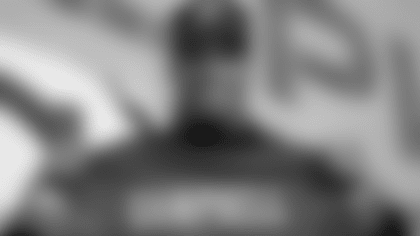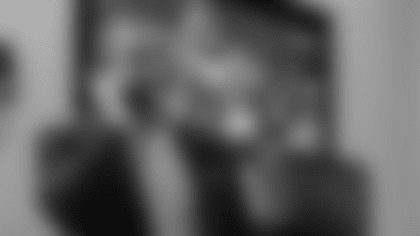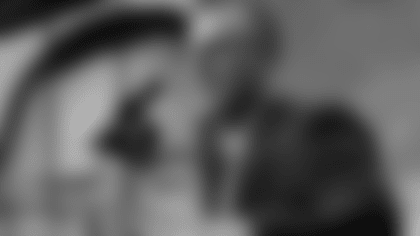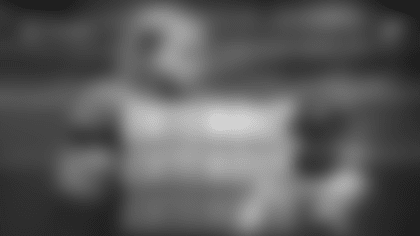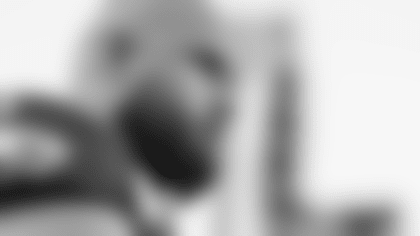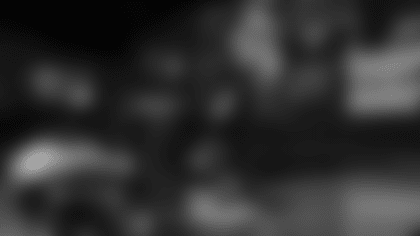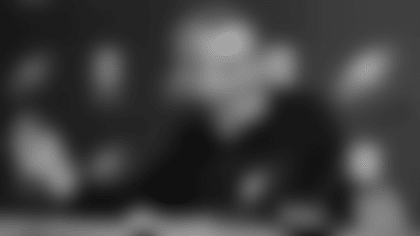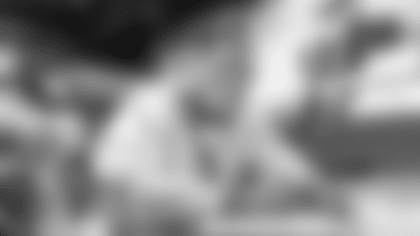They came through the opening two rounds of the NFC post-season a year with victories, by playing excellent, physical defense, by executing an efficient offensive game plan and by turning back Minnesota and the Giants because, simply, the Eagles played better football games at critical times. Now the Eagles are bystanders, enduring another painful Sunday as two teams -- Minnesota and the Saints -- play for the right to participate in Super Bowl 44.
The differences between the 2008 Eagles and the 2009 Eagles? Many, of course. The Eagles had some significant roster changes after the loss in Arizona, necessary to replace some of the aging pieces on the team. There are likely to be some similar changes forthcoming in this off-season, but that is a story we discuss every day here.
What were some of the major differences between the team that won two playoff games last year and the team that lost to Dallas in the Wild Card round this year? Offensively, the Eagles of 2009 were more explosive and deadly. But in that playoff loss, the Eagles were unable to get anything going early as the Eagles defense battled to keep the Cowboys off the scoreboard. Right away, you could see it: The Eagles wanted to get Donovan McNabb into some kind of groove and it never happened. He wasn't sharp, the protection wasn't good enough and Dallas dominated.
Defensively, the Eagles hung in there early. They gave up too many yards, but they kept Dallas off the scoreboard early at Cowboys Stadium. And then Dallas broke on top, took advantage of some sloppy Eagles turnovers and, well, it was a really tough game. A bad memory. One to use as motivation throughout the months ahead.
To me, the Eagles were so much more complete with this offense in 2009 than they were in 2008. They had more weapons. They could create better matchups because of the improvement at wide receiver (Jeremy Maclin and DeSean Jackson formed a great duo) and tight end (Brent Celek became a full-fledged standout).
Brian Westbrook's uncertainty hurt the offense as LeSean McCoy learned his way around the NFL, but there is no doubt that having Leonard Weaver in the backfield provided a huge boost. This was an offense as multi-dimensional as any in the Andy Reid era and in only a few instances -- the loss in Oakland, three games against Dallas -- did the Eagles falter offensively.
The defense was a different story. Once Brian Dawkins left in free agency, the Eagles had a physical hole at free safety and an emotional hole in the huddle. Jim Johnson's death created a learn-on-the-go situation for young coordinator Sean McDermott, who not only had to replace Dawkins on the field but had to cut and paste at linebacker when Stewart Bradley was injured before the season began.
Still, the defense hung in for much of the season. McDermott's group played hard, took the football away, made big plays. When it came time for the playoffs -- and let's count the first game at Cowboys Stadium as a playoff game, since it meant so much to the Eagles -- the holes were exposed, as they are with every team. Neither Sean Jones nor Macho Harris adequately replaced Dawkins. Quintin Demps, penciled in during the spring as the next man in at free safety, didn't even dress.
Bradley was never replaced. McDermott tried every magic trick he could summon, but in the end no scheme or potion could replace Bradley's three-down ability and his leadership and his physical presence.
And so we are here today, watching. I'll enjoy seeing the best two teams in the NFC play in New Orleans. I like the Saints at home, simply because I am so much a believer in the importance of home-field advantage in the post-season. The Saints defense will get off the ball faster and will have the advantage on the edge against an only-OK Minnesota offensive line.
Whatever. The view right now is so much different than it was a year ago when the Eagles were preparing to play Arizona in the NFC Championship Game. That Eagles team bounced back from adversity and won tough games in Minnesota and then at Giants Stadium. This Eagles team did not steal away the momentum after the Michael Vick touchdown pass to Jeremy Maclin. Maybe had the Jones interception not been overturned, the Eagles would have scored on Dallas, taken the lead and pulled off the victory.
Days like this make me think of too many "what-if" scenarios. What if Jamaal Jackson had not been injured. What if Bradley could have been on the field all season. What if the Eagles had scored first and put Dallas on its heels.
At the end of the day -- both days at Cowboys Stadium, really -- the Eagles just weren't good enough. That is why the NFC Championship Game is played today and the Eagles are on the sidelines. As difficult as it is sometimes to accept, that is the reality. So the hard, honest look the organization must take at this football team continues during an already-too long off-season and either New Orleans or Minnesota will live to see another day, the day in the NFL, and the Eagles will do what they can do to take the right steps to be there next year.


